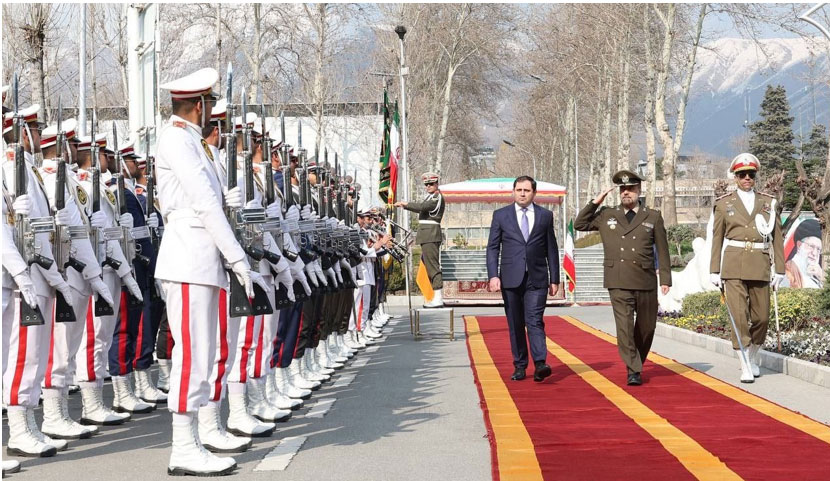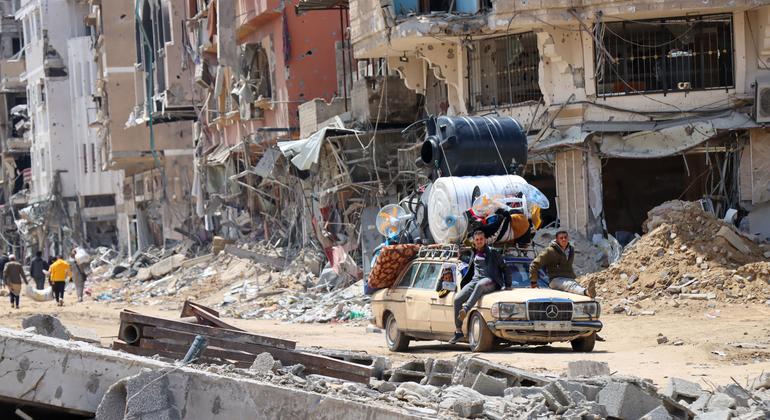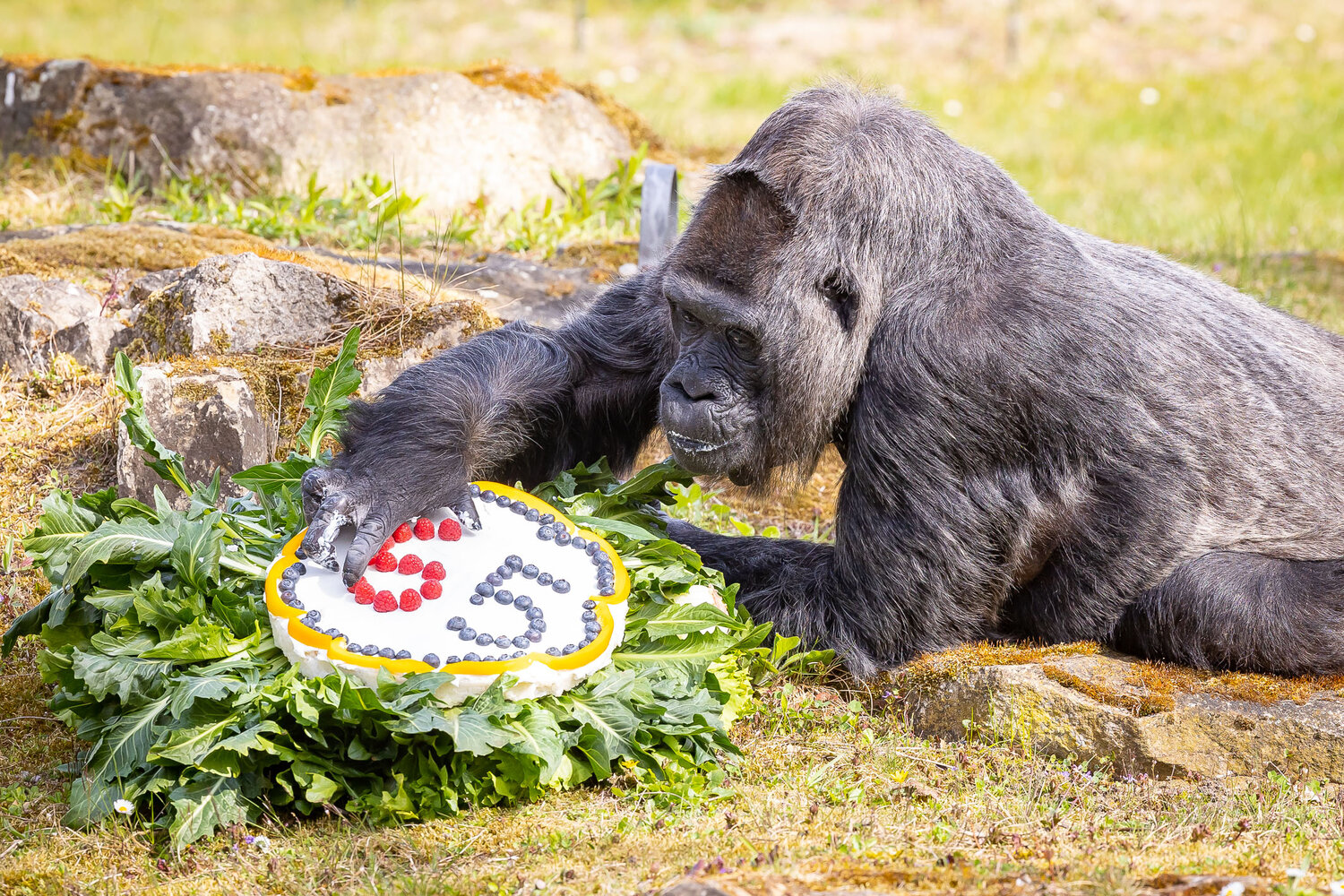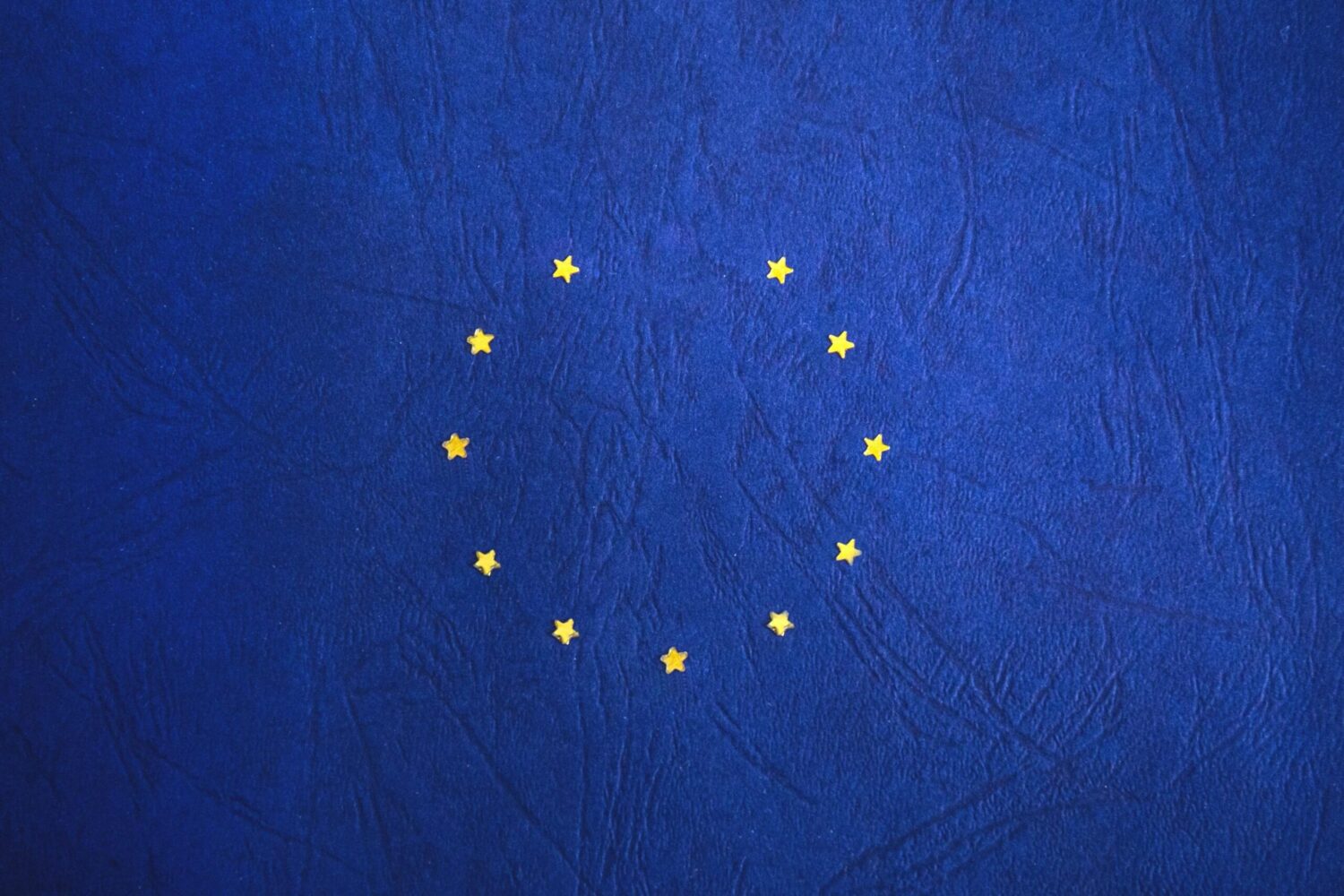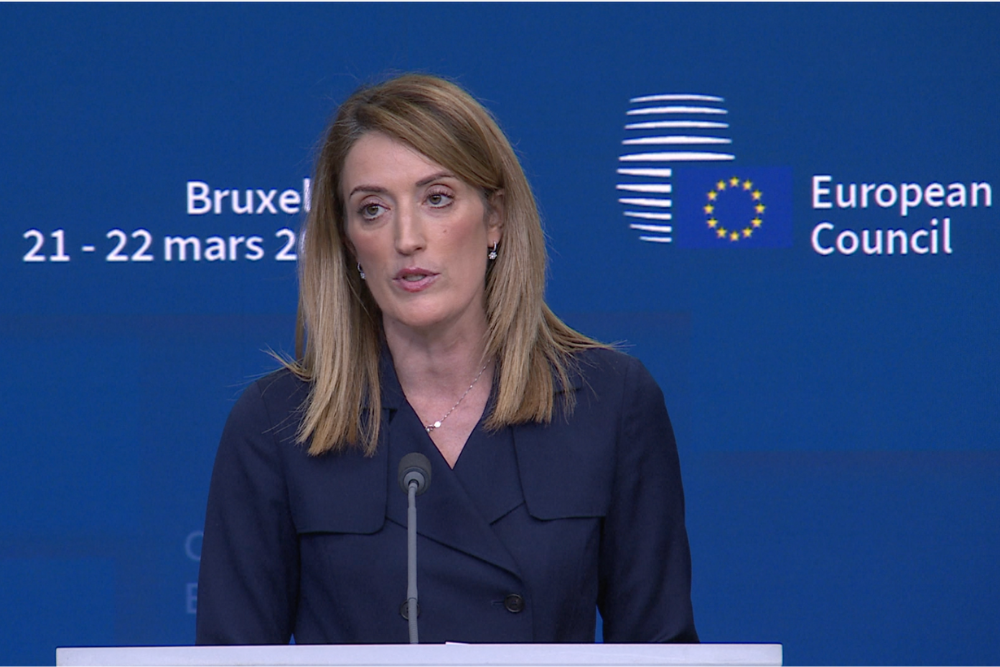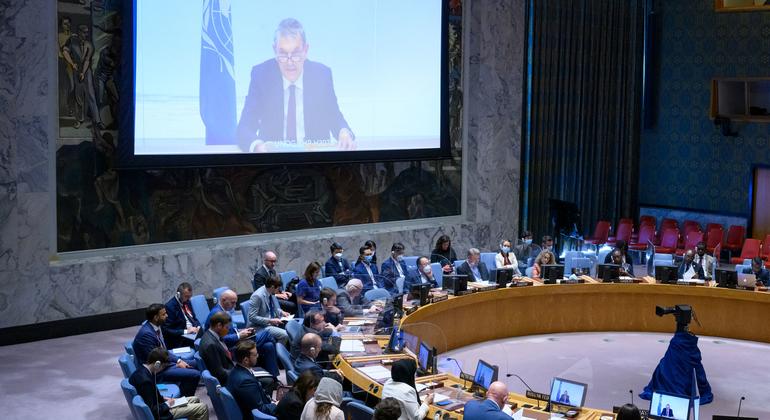By Eric Gozlan 18 04 2024
Source : https://www.geopolitiqueetaction.com/post/l-arm%C3%A9nie-et-l-iran-une-alliance-qui-pose-questions
A few days after Iran’s attack on Israel, many countries condemned the failed attack on Israeli civilians.
Armenia, which has always had very good relations with Teheran, unsurprisingly voted in favor of the UN resolution of October 27, 2023. A resolution calling for an immediate ceasefire in Gaza, which does not even mention the terrorist group Hamas.
On October 11, the Norharatch newspaper, Europe’s leading Franco-Armenian media outlet, published a few sentences that even the most anti-Israeli can applaud:
“In Israel, here was such a powerful and glorified army which, after emerging victorious from several Israeli-Arab wars, ruled and imposed its laws with impunity over all the countries of the Middle East. Israel ignored the resolutions of the UN Security Council, ignored the call of Western countries for a resolution of the Israeli-Palestinian conflict”.
“There are similarities between the Azeri army’s war crimes, Hamas’s criminal acts against civilians and the Israelis’ indiscriminate bombardment of Gaza’s densely populated neighborhoods, where the victims and wounded number in the thousands. In retaliation, the Israelis punish the Palestinians, but their actions and those of the Azeris go unpunished.And the international community remains desperately silent on the subject.”
On April 16, 2024, the Iranian Ambassador, Mr. Sobhani, indicated without shocking anyone at a press conference in Yerevan that:
“Our concern is that Armenia and the [South] Caucasus should not become an arena of geopolitical rivalry, and that the development of Armenia’s foreign relations should not be at the expense of other countries. And the Armenian authorities have informed us that the diversification of their country’s foreign policy is not directed against relations between Armenia and Iran.”
To make things clear, the Iranian ambassador unabashedly declared: “They want to subject the Armenian people to the influence of their false policy and discredit Iran in Armenian public opinion. I advise them to put an end to this hypocrisy and not to try to involve Armenia in their geopolitical conflicts.
They know here that the Zionist regime is one of the main factors of instability in the South Caucasus and that during the Nagorno-Karabakh war, Armenian soldiers were killed by Israeli weapons.
It is also clear to everyone that one of the factors of instability in the South Caucasus is the Israeli regime. This regime, in addition to trying to develop militarism in the region, is also trying to create tensions between the countries of the region and Iran. I believe that the peoples of the region are so cautious that they will never confront a country with measures such as those taken by the Zionist regime.”
On March 6, 2024, Armenian Defense Minister Suren Papikian discussed Armenian-Iranian military cooperation and security in the South Caucasus with his Iranian counterpart Mohammad Reza Ashtiani during an official visit to Tehran. Numerous sources indicate that the Armenian army is equipped with the best Iranian weapons, including the Shahed-131 and Shahed-136 suicide drones, also used by the Russian army in its war against Ukraine.
This close link between Armenia and Iran may explain the statements made by the Armenian Foreign Minister who, after Teheran’s attack on Israel, commented that the escalation of tensions in the Middle East is a source of grave concern, after Iran carried out what he described as a retaliatory strike against Israel over the weekend.
Relations between Israel and Azerbaijan date back to the 1990s: Israel was one of the first countries to recognize Azerbaijan’s independence in 1991. In 1993, Jerusalem opened an embassy in Baku.
On May 30, 2023, Israeli President Itzhak Herzog said after a meeting with his Azerbaijani counterpart in Baku: “Azerbaijan is a Muslim country with a Shiite majority, yet there is love and affection between our nations”.



